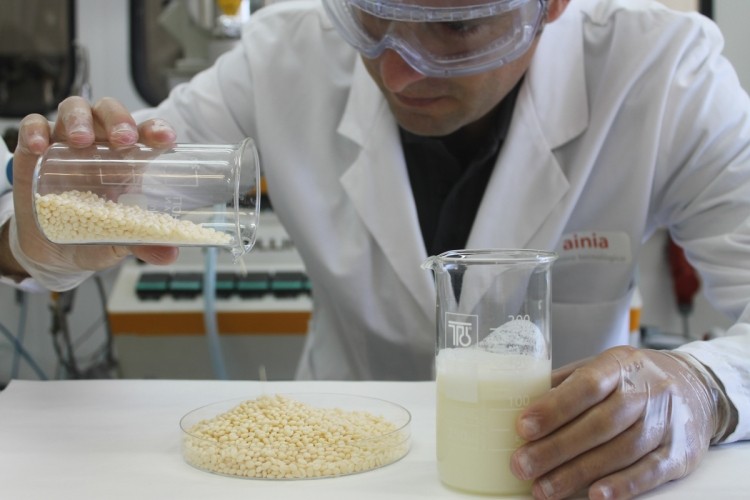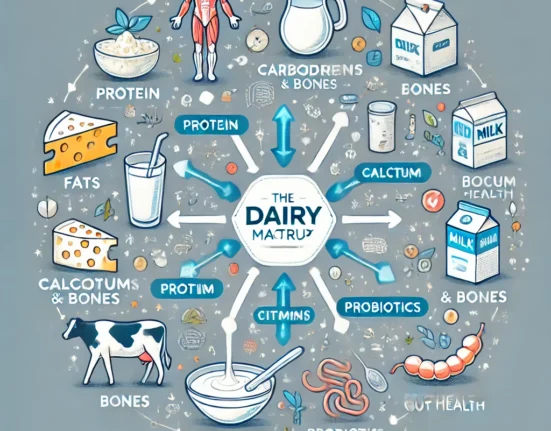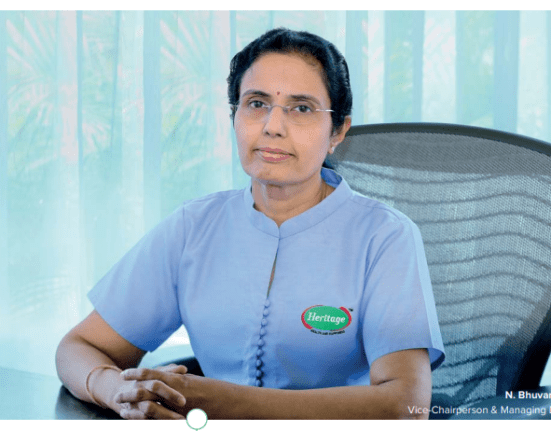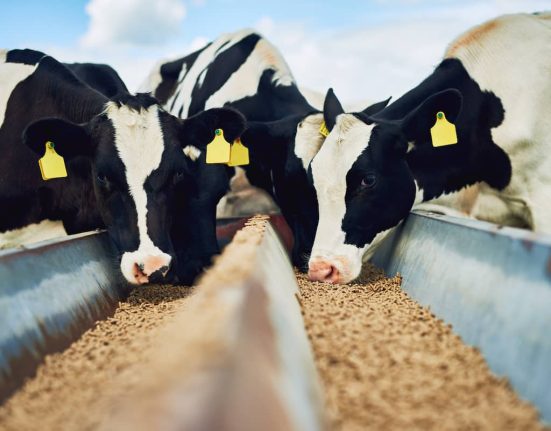As the issue of plastic pollution continues to escalate in the United States, a scientist from the Agricultural Research Service (ARS) is developing a new approach to combat it. Atanu Biswas, a research chemist at the ARS National Center for Agricultural Utilization Research in Peoria, Illinois, has spent much of his career exploring ways to convert agricultural waste products into bioplastics.
Biswas’ latest effort involves utilizing dairy waste, specifically lactose, a type of sugar produced by the dairy industry as a byproduct. Lactose is composed of saccharides, which have the right chemistry to form bioplastics. Using this material as a starting point, Biswas has been able to transform it into polyurethane and other bioplastic polymers with wide-ranging potential applications in various industries and consumer products.
One significant advancement in Biswas’ approach is the use of microwave technology, which allows him to make bioplastic polymers quickly. Additionally, because lactose is a disaccharide of galactose and glucose sugars, it may be biodegradable, although further research is necessary to confirm this.
The challenge facing scientists who develop new bioplastics is replicating the characteristics that conventional plastics offer, such as hardness and flexibility. While lactose-based bioplastics do not currently replicate the full range of characteristics that conventional plastics offer, they can be useful for certain niche applications like insulation, cushioning material for furniture, footwear, rubber flooring, or some medical equipment. With additional work, Biswas believes they can be further developed to be useful for hundreds of applications.
Biswas explained that overall, bioplastics can replace a significant portion of conventional plastic supplies but may not entirely replace them. He added that eventually, everything could be replaced, but it’s a considerable jump from where they are now to there.
The novel bioplastics represent a “win-win-win situation” for industry, farmers, and consumers. For industry, they provide an opportunity to present a cleaner and greener image while taking advantage of a renewable feedstock that is readily available. Consumers who recognize the problem that plastics present will appreciate a less damaging option for the environment. For farmers, finding a use for what would otherwise be waste is also a win.
Source: World Bio market Insights







